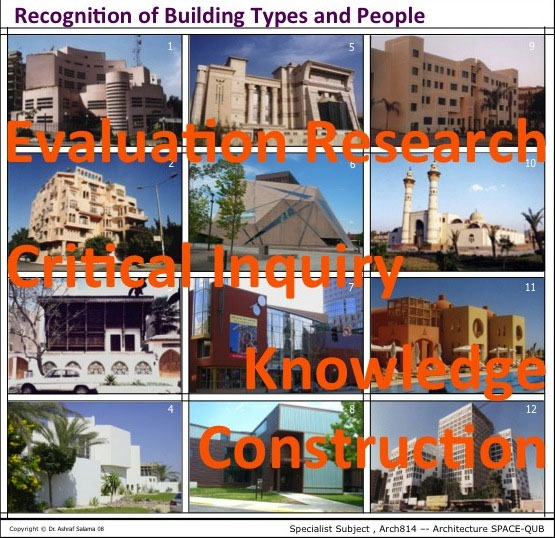Evaluation Research as a Mechanism for Critical Inquiry and Knowledge Construction in Architectural and Urban Education
DOI:
https://doi.org/10.7577/formakademisk.435Keywords:
Architectural and urban education, inquiry-based learning (IBL), evaluation research, experiential learning, active learning.Abstract
This article responds to the misconceptions that continue to characterize the delivery of knowledge content in architectural courses. Based on reviewing the literature on pedagogy the paper explores the value and benefits of introducing evaluation research as a mechanism for critical inquiry and knowledge construction in theory courses in architecture and urbanism. A framework is developed and employed to demonstrate the way in which this type of learning can be incorporated. The development and implementation of a series of in-class and off campus exercises in two different contexts reveal that structured actions and experiences help students to be in control over their learning while invigorating their understanding of the body of knowledge delivered in a typical lecture format. It firmly believed that this would offer students multiple learning opportunities while fostering their capabilities to shift from passive listeners to active learners and from knowledge consumers to knowledge producers.

Downloads
Published
How to Cite
Issue
Section
License
Authors who publish with this journal agree to the following terms:
- Authors retain copyright and grant the journal right of first publication with the work simultaneously licensed under a Creative Commons Attribution 4.0 License that allows others to share the work with an acknowledgement of the work's authorship and initial publication in this journal.
- Authors are able to enter into separate, additional contractual arrangements for the non-exclusive distribution of the journal's published version of the work (e.g., post it to an institutional repository or publish it in a book), with an acknowledgement of its initial publication in this journal.
- Authors are permitted and encouraged to post their work online (e.g., in institutional repositories or on their website) prior to and during the submission process, as it can lead to productive exchanges, as well as earlier and greater citation of published work (See The Effect of Open Access).
- The author(s) must manage their economic reproduction rights to any third party.
- The journal makes no financial or other compensation for submissions, unless a separate agreement regarding this matter has been made with the author(s).
- The journal is obliged to archive the manuscript (including metadata) in its originally published digital form for at least a suitable amount of time in which the manuscript can be accessed via a long-term archive for digital material, such as in the Norwegian universities’ institutional archives within the framework of the NORA partnership.
The material will be published OpenAccess with a Creative Commons 4.0 License which allows anyone to read, share and adapt the content, even commercially under the licence terms:
This work needs to be appropriately attributed/credited, a link must be provided to the CC-BY 4.0 licence, and changes made need to be indicated in a reasonable manner, but not in any way that suggests that the licensor endorses you or your use.



